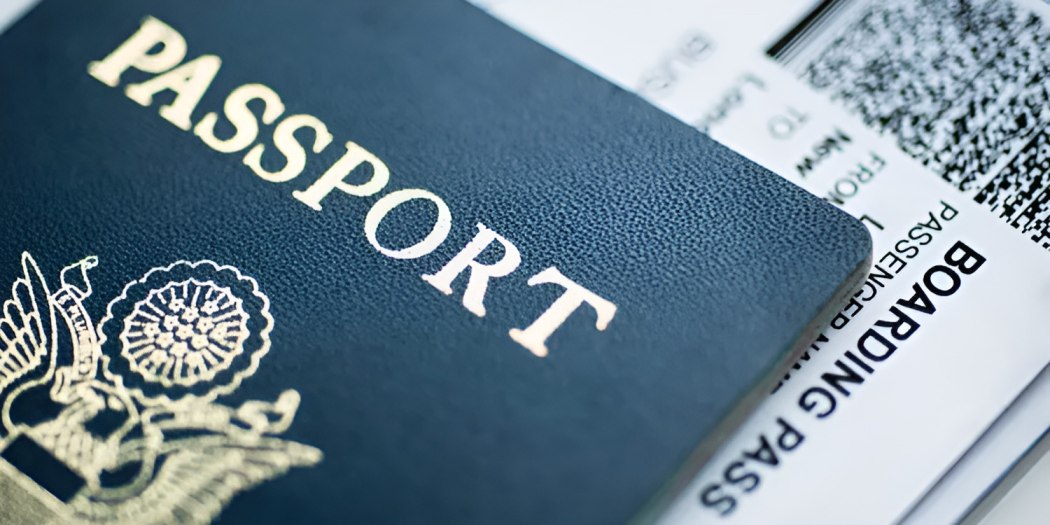Kenya’s digital shift: Over 22,000 public services now accessible online

This leap from just 300 services two years ago marks a major step in the government’s commitment to improving accessibility.
Kenya has significantly advanced its efforts to digitize public services, with more than 22,000 services now available online.
This leap from just 300 services two years ago marks a major step in the government’s commitment to improving accessibility, efficiency, and transparency for citizens.
The government is currently working with the e-Citizen Directorate, the Ministry of ICT, and the Digital Economy to integrate the remaining 2,412 services into the digital platform.
This progress was discussed during the 10th meeting of the Governance and Public Administration subcommittee of the National Development Implementation Committee, which was co-chaired by Interior PS Raymond Omollo and Parliamentary Affairs PS Aurelia Rono.
During the meeting, key developments in the digital transformation of public services were highlighted, showcasing the government’s dedication to modernizing operations and improving the delivery of services to the public.
The e-Citizen platform, which has registered over 13.5 million users, has become an essential tool for enhancing service delivery.
With millions of citizens now able to access government services online, the platform plays a crucial role in ensuring that services are delivered efficiently and transparently.
The government aims to onboard the remaining services to further expand access, allowing even more citizens to engage with public services digitally.
In addition to these digital initiatives, the government is also focusing on improving its security infrastructure.
The Department of Internal Security and National Administration is procuring 3,000 new vehicles to boost operational efficiency.
These vehicles will be distributed to the National Police Service, Kenya Prisons Service, and National Government Administration Officers, supporting the modernization of the country’s security services.
This move is part of the ongoing efforts to enhance logistics and operational capabilities within these critical sectors.
To address mobility and access challenges at the grassroots level, the government is also exploring the use of electric motorcycles for chiefs and their assistants.
These motorcycles will improve administrative mobility in remote areas, ensuring that public service presence is felt across Kenya’s counties.
The government is also making strides in streamlining legislative processes.
The Department of Parliamentary Affairs is implementing a Government Legislative Tracking System to better monitor and track bills, policies, and statutory instruments.
Furthermore, the Ministry of Information, Communication, and Digital Economy, in partnership with the Office of the Attorney General, is developing a case management system.
This system will enable real-time tracking of legal cases, helping to improve the efficiency of litigation processes across government ministries.
The Department of Immigration and Citizen Services has also made improvements to passport issuance, with the recent procurement of one million passport booklets and two high-capacity passport printers.
These measures have reduced processing times for standard applications to seven days and expedited emergency cases to just 72 hours.
